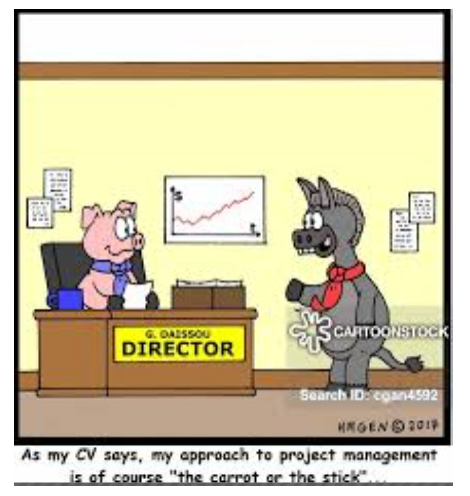
PROJECT MANAGEMENT
A project is unique in that it is not a routine operation, but a specific set of operations designed to accomplish a singular goal.
Project management, then, is the application of knowledge, skills, tools, and techniques to project activities to meet the project requirements.
Project management processes fall into five groups:
1. Initiating
2. Planning
3. Executing
4. Monitoring and Controlling
5. Closing

Phase 1: Project Initiation
This is when you will research whether the project is feasible and if it should be undertaken. If feasibility testing needs to Deliverables: this is the stage of the project in which that will be completed. Important stakeholders will do their due diligence to help decide if the project is a “go.” If it is given the green light, you will need to create a project charter or a project initiation document (PID) that outlines the purpose and requirements of the project. It should include business needs, stakeholders, and business cases.
Phase 2: Project Planning
This phase is key to successful project management and focuses on developing a roadmap that everyone will follow. This phase typically begins with setting goals. Two of the more popular methods for setting goals are S.M.A.R.T . and CLEAR

Specific – To set specific goals, answer the following questions: who, what, where, when, which, and why.
Measurable – Create criteria that you can use to measure the success of a goal.
Attainable – Identify the most important goals and what it will take to achieve them.
Realistic – You should be willing and able to work toward a particular goal.
Timely – Create a timeframe to achieve the goal.
Collaborative – The goal should encourage employees to work together.
Limited – They should be limited in scope and time to keep it manageable.
Emotional – Goals should tap into the passion of employees and be something they can form an
emotional connection to. This can optimize the quality of work.
Appreciable – Break larger goals into smaller tasks that can be quickly achieved.
Refinable – As new situations arise, be flexible and refine goals as needed.
Phase 3: Project Execution
This is the phase where deliverables are developed and completed. This often feels like the meat of the project since a lot is happening during this time, like status reports and meetings, development updates, and performance reports. A “kick-off” meeting usually marks the start of the Project Execution phase where the teams involved are informed of their responsibilities.
Phase 4: Project Performance/Monitoring
This is all about measuring project progression and performance and ensuring that everything happening aligns with the project management plan.
? Project Objectives: Measuring if a project is on schedule and budget is an
indication of the project will meet stakeholder objectives.
? Quality Deliverables: This determines if specific task deliverables are being met.
? Effort and Cost Tracking: PMs will account for the effort and cost of resources to see if the budget is on track. This type of tracking informs if a project will meet its completion date based on current performance.
? Project Performance: This monitors changes in the project. It takes into
consideration the amount and types of issues that arise and how quickly they are
addressed. These can occur from unforeseen hurdles and scope changes.
Phase 5: Project Closure
This phase represents the completed project. Valuable team members are recognized. This also includes an evaluation of what went well in a project and identify project failures. This is especially helpful to understand lessons learned so that improvements can be made for future projects.
Once the project is complete, there are still a few tasks to complete. We will need to create a project punch list of things that didn’t get accomplished during the project and work with team members to complete them. Perform a final project budget and prepare a final project report. Finally, need to collect all project documents and deliverables and store them in a single place.

© 2025 NIQC International. All rights reserved.